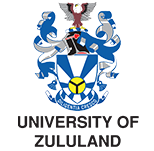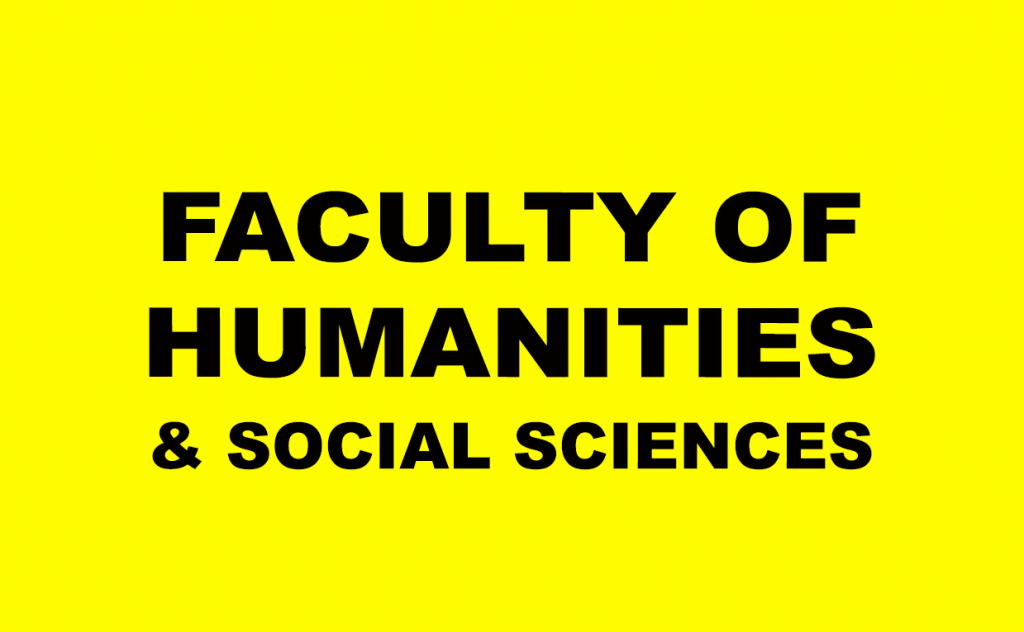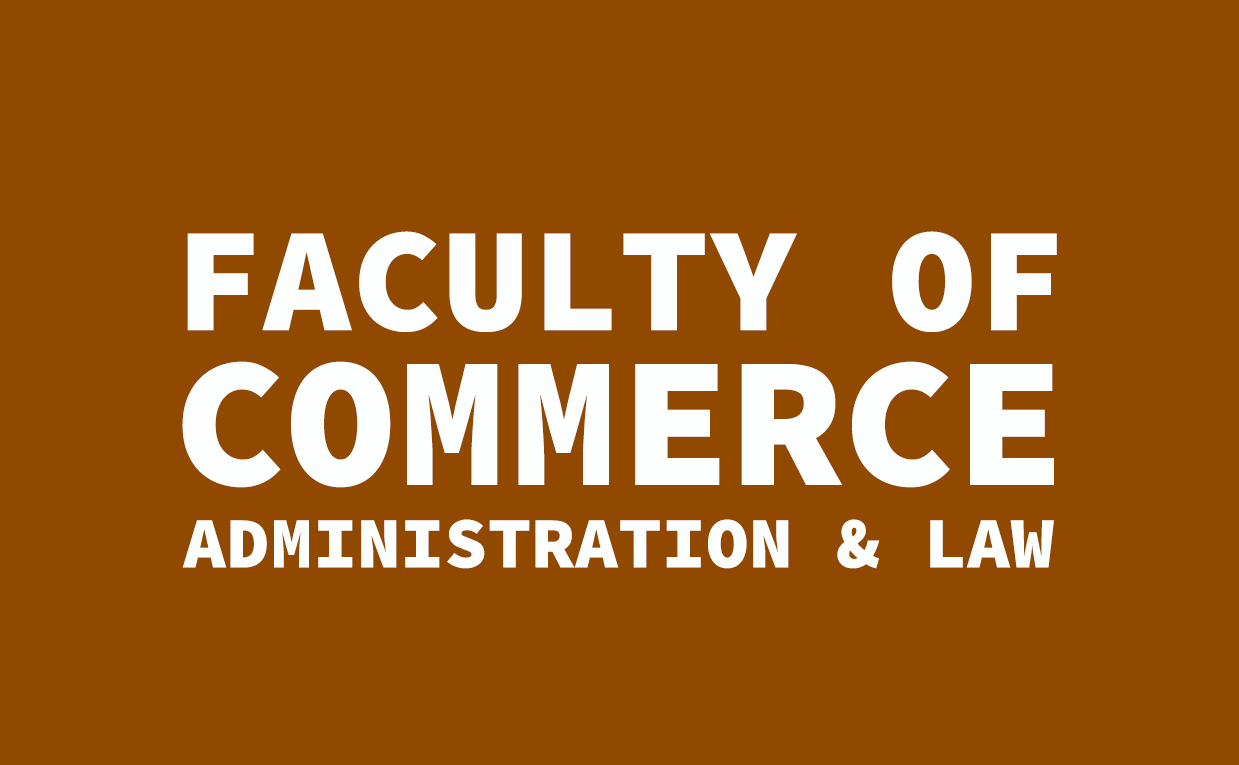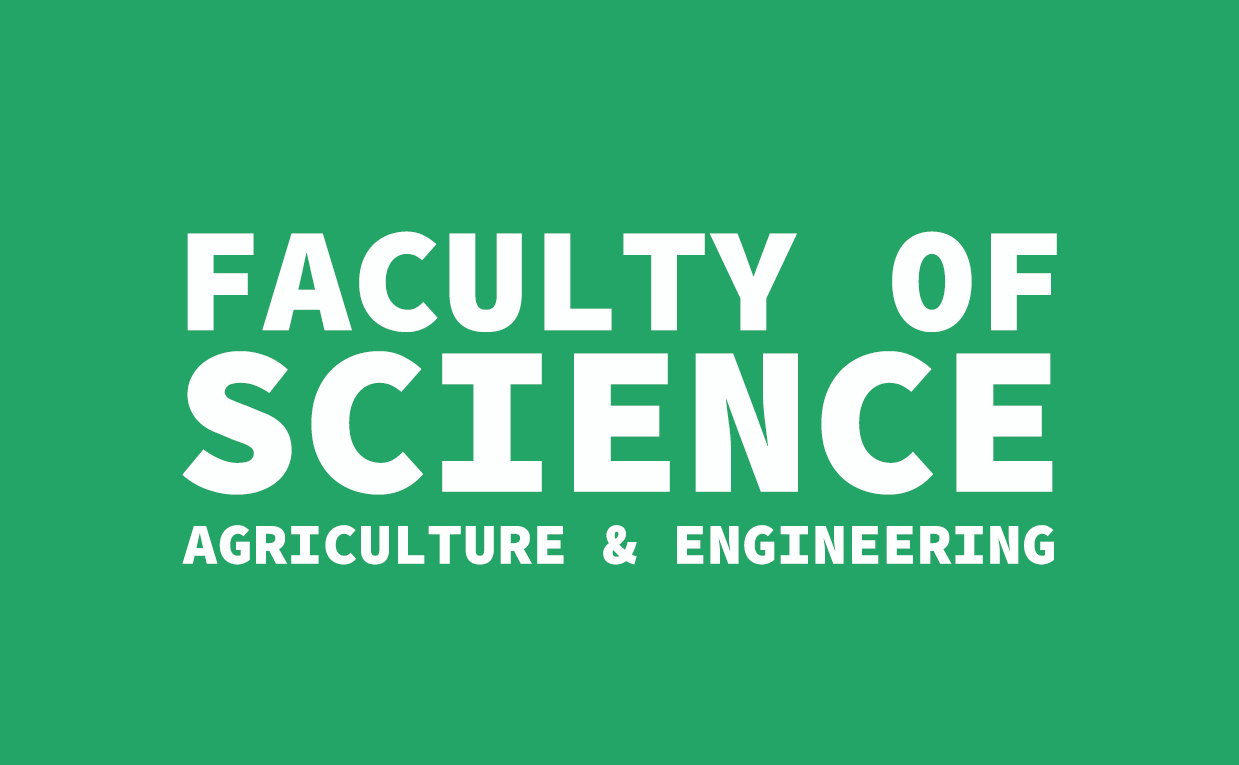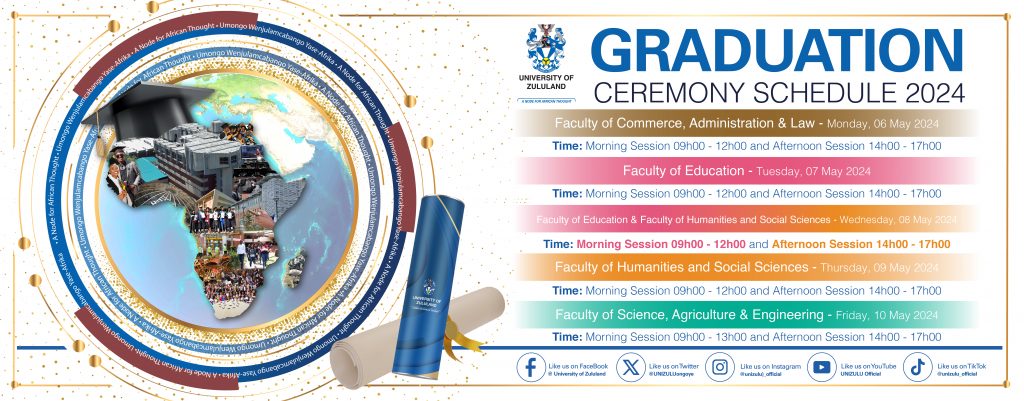Welcome to the Faculty of Commerce, Administration and Law
Richards Bay Campus
The Faculty of Commerce, Administration and Law (FCAL) is transforming into a vibrant and dynamic Faculty at the University of Zululand. The University is restructured for relevance and advocates a career-focused education with emphasis on meeting the needs of its rural environment, as well as its commitment to commerce and industry. The Faculty comprises the Office of the Dean, a Faculty Office and five academic departments, viz, Department of Accounting (including Information Technology), Department of Business Management (incorporating Human Resources Management), Department of Economics (Incorporating B Com 4-Year extended degree), Department of Public Administration and Department of Law (incorporating the Center for Legal Services)
DEPARTMENT OF ACCOUNTING
Co-ordinator
Dr A C Weyers
Tel: 035 902 6935
Post-Graduate Diploma in Higher Education (UKZN), MTech (Cost & Mngmt Acc) (CUT), PhD (Mngmt Acc) (NWU)
2AHCR1/CAHCR1
Higher Certificate in Accountancy
This qualification is aimed at producing candidates capable of performing activities in the following areas: Accounting Assistants, Junior Bookkeepers and Accounting Technicians.
FACULTY | Commerce, Administration and Law | |
DEPARTMENT: | Accounting and Auditing | |
QUALIFIER | Higher Certificate in Accountancy | |
MAJORS | Financial Accounting 1A | Financial Accounting 1B |
| Management Accounting 1A |
|
UNIZULU Code | 2AHCR1/CAHCR1 | |
SAQA ID | 99552 | |
NQF EXIT Level | 5 | |
Presentation mode of subjects: | Day classes
| |
Intake for the qualification: | January | |
Registration cycle for the subjects: | January | |
Total credits to graduate: | 120 | |
FIRST YEAR
SUBJECT NAME | NEW SUBJECT CODE | SUBJECT CREDITS | NQF LEVEL | PRE-REQUISITE SUBJECT(S) |
SEMESTER 1 |
|
|
|
|
Financial Accounting 1A | 2CAC101 | 15 | 5 | None |
Business Calculations 1A | 2ABU101 | 15 | 5 | None |
Management Accounting 1A | 2AMA101 | 15 | 5 | None |
Management Information Systems 1A | 2AMS101 | 15 | 5 | None |
UNIZULU 101 | UZUL100 | 16 | 5 | None |
SEMESTER 2 |
|
|
|
|
Financial Accounting 1B | 2CAC102 | 15 | 5 | None |
Business Literacy | 2ABL102 | 15 | 5 | None |
Legal Principles and Practices for Accountants | 2ALP102 | 15 | 5 | None |
Management Information Systems 1B | 2AMS102 | 15 | 5 | None |
UNIZULU 101 | UZUL100 | 16 | 5 | None |
TOTAL |
| 126 |
|
|
Higher Certificate in Accountancy
MODULE DESCRIPTIONS
CODE | MODULE NAME | MODULE DESCRIPTION |
2CAC101
|
Financial Accounting 1A | At the end of the course, students should have developed the necessary skills to understand the business cycle and various decisions taken in a business; record and interpret financial transactions; prepare financial statements as well as relate underlying accounting assumptions and concepts to current practice. Students are expected to develop the ability to record all routine transactions including the Cash book in accordance with the VAT Act requirements. |
2CAC102
|
Financial Accounting 1B | This module discusses the basic disclosure of assets; liabilities and the various forms of equity in sole traders, partnerships, and companies. Inventory and the recording thereof is also discussed. Cash and credit transactions are discussed and the reconciliation of bank, debtors and creditors are discussed in detail. Property, plant and equipment also form part of this curriculum. This module concludes with the discussion of partnerships. |
2AMA101
|
Management Accounting 1 | This module discusses the principles of cost classification and terminology; stock holding terms, concepts and administration of stock; remuneration systems; overhead costs and allocation rates; cost flow and manufacturing costs as well as cost-volume profit analysis is the final topic of this module. |
2AMS101
|
Management Information Systems 1A | This course introduces students to the techniques and tools of management information systems. Coverage is given to the Information System as it relates to the system’s concept and its role in an organisation, IT infrastructure with the focus on hardware and software, as well as database technologies. Students will learn social and global subjects such as ethical, legal and security issues relative to Management Information Systems. Computer literacy will be focused on Microsoft Word documents, Power Point presentations, data management using databases as well as Microsoft visio and project management |
2AMS102
|
Management Information Systems 1B | This course is a continuation of MIS 1.1, now focusing on data communication; the Internet; E-Commerce; Global Information Systems; IS Development; Enterprise systems; Management Support Systems and a peak into the future looking at emerging trends and technologies. The technical component will be on spreadsheets and web page development. |
2ABU101
|
Business Calculations | This module deals with arithmetic; decimals; percentages; ratios; algebra; indices; algebraic expressions; factorisation; transposing formula; solving equations; straight line and exponential graphs. |
2ALP102
|
Legal Principles and Practices for Accountants 1 | Students will be introduced to the normative systems and sources of law. The rules relating to the Interpretation of Statutes, requirements of a valid contract, contracts of sale and purchase as well as the law of Agency will also be introduced to the students. |
2ABL102
|
Business Literacy | This course covers various topics which include the theory of communication; channels of communication; adaptation and the selection of words; construction of clear sentences and paragraphs; writing for effect as well as the introduction to messages and the writing process. It also focusses on informal oral communication, public speaking and oral reporting; the introduction to communication in the workplace; techniques of cross-cultural communication; correctness of communication; technology-enabled communication and business research methods. |
UZUL100 |
UNIZULU 101 | The purpose of the module is to unlock the potential of students to meaningfully access the university curriculum in a way that transcends the constraints of knowledge boundaries; generating new forms of thinking and acting. UNIZULU 101 is constructed in ways that build resonance between students’ real-life experiences and histories. It is an investment to be returned by the collaborative and innovative growth of socially engaged students in a socially engaged and relevant university. |
A Node for African Thought
Correspondence and Enquiries:
The Registrar, University of Zululand, Private Bag X1001, KwaDlangezwa, 3886
Telephone: 035 902 6950/6923
Email: KhumaloNM@unizulu.ac.za
Physical Address:
2 Cent Circle, Arboretum, Richards Bay
Postal Address:
Private Bag X1041, Richards Bay, 3900
© University of Zululand: All Rights Reserved
